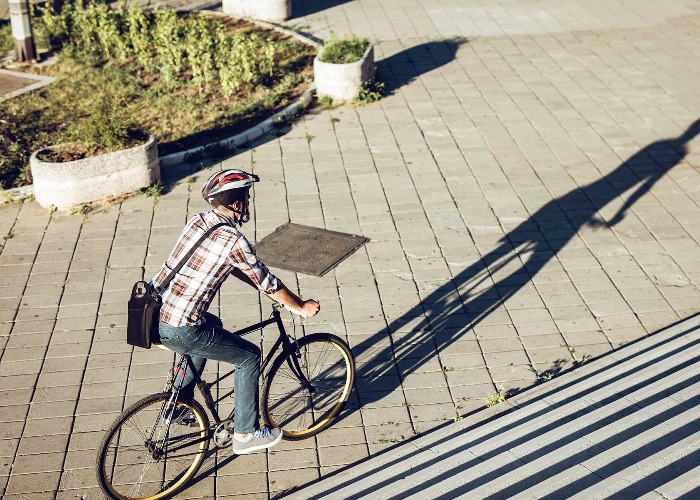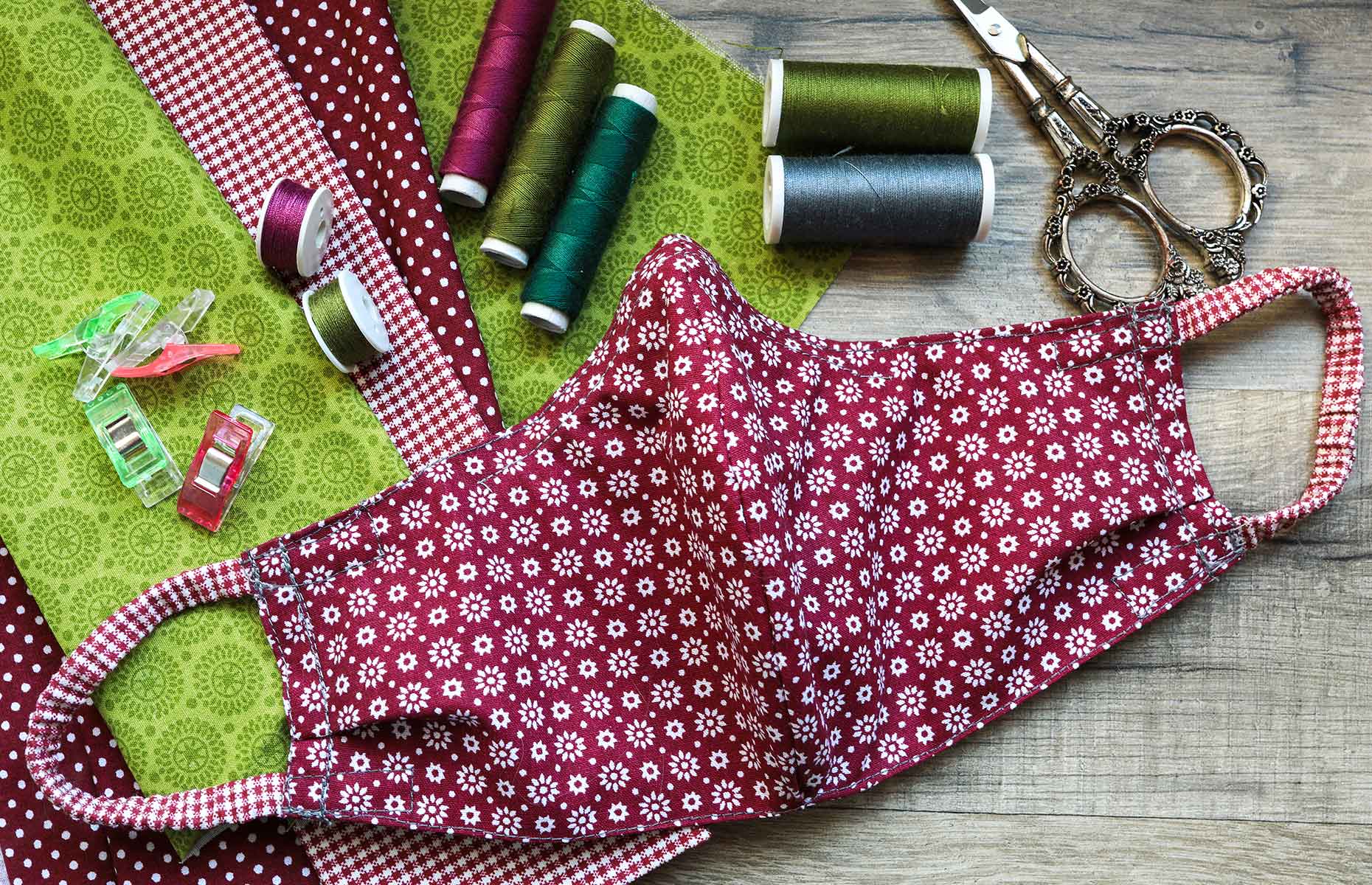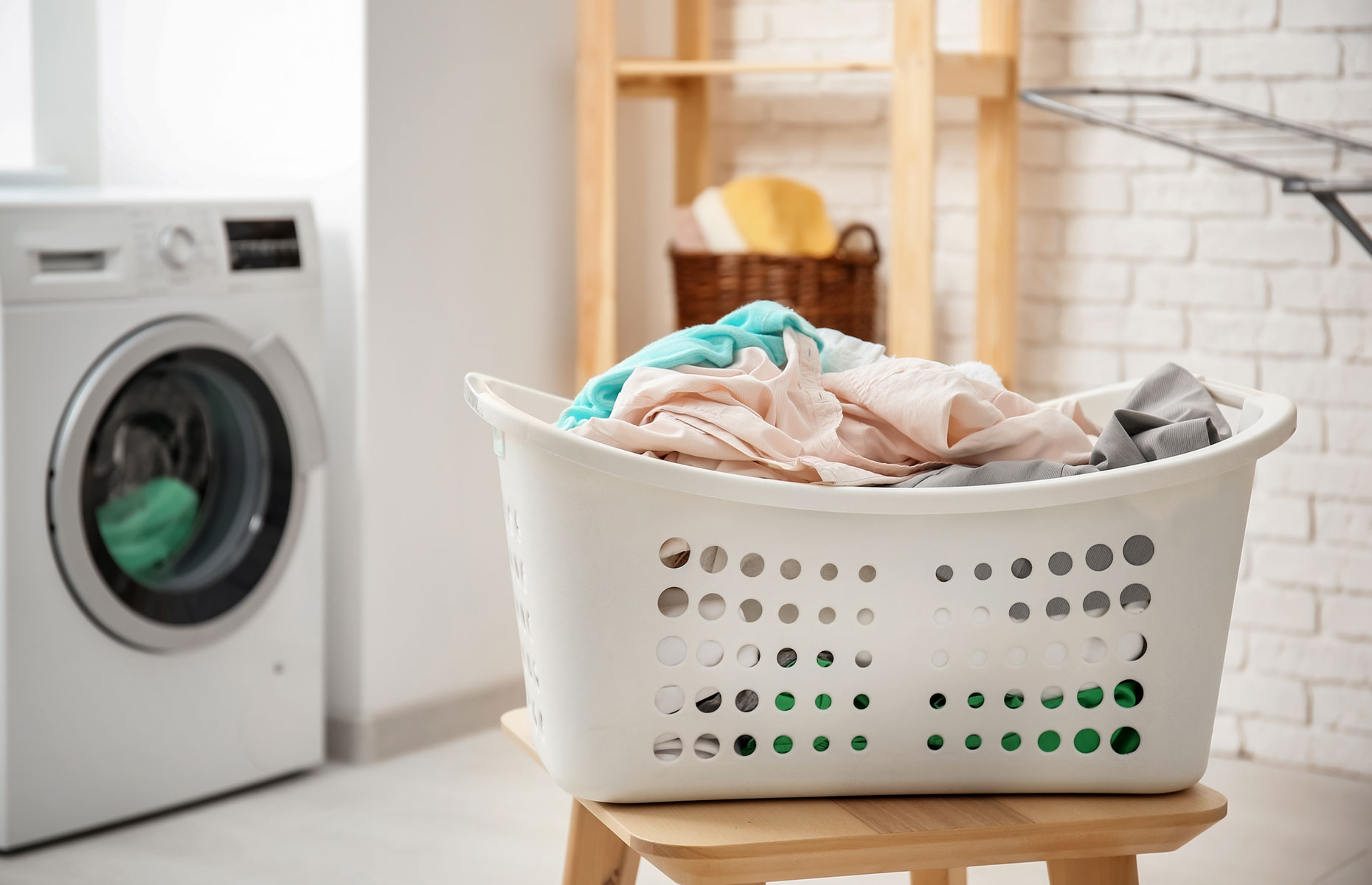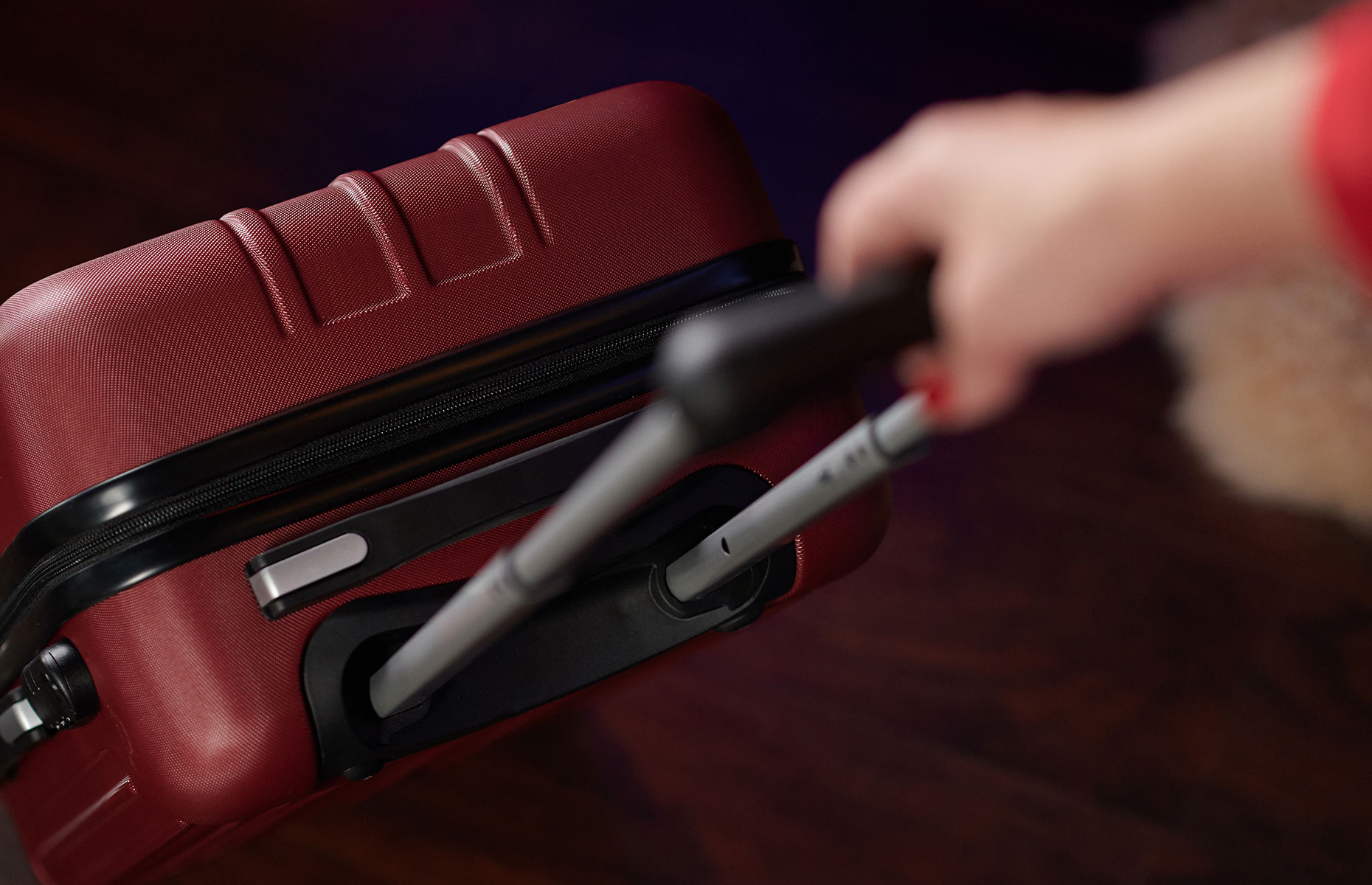6 tips to stay healthy if you need to travel right now

While many of us are able to follow government advice and avoid discretionary travel, for some people getting from A to B remains a necessity. So how do you stay safe if you’re a key worker who has to commute or you need to get to school. We quizzed the experts to find out.
As the coronavirus pandemic spreads further there's no doubt we'd all rather stay at home than brave airports, public transport or even drive.
But if you absolutely have to leave the house, here are some essential tips to help you stay well and protect others, whether your journey is long or short.
Don't forget to check official government guidance before you travel too. In America the CDC website is packed with advice and the President's official guidelines are here, while in the UK the NHS's dedicated website is the go-to for the latest on how to protect your health.
1. Wear a mask
 MaCross-Photography/Shutterstock
MaCross-Photography/Shutterstock
While there’s some debate around this – and the World Health Organization (WHO) are reviewing their stance – studies show wearing a mask could be beneficial.
A homemade one using an old T-shirt will do, which means we can leave the medical ones for medical staff.
“It’ll help stop you breathing in droplets of the virus, but the density of the fabric is a factor on how much protection it offers,” explains Dr William Bird, a coronavirus specialist and NHS GP.
Just be sure to not play with it when it’s on and wash it after each use to avoid putting the contaminated side onto your face.
However, a mask is not a substitute for social distancing, so you still need to keep six feet (2m) apart from others when possible.
2. Change your clothes
 Africa Studio/Shutterstock
Africa Studio/Shutterstock
As Sars-CoV-2 (the virus that causes Covid-19) can survive on fabrics for some time, it’s a good idea to switch the clothes you’ve been wearing on your commute or journey.
"Changing as soon as you enter your house, showering and washing your clothes at 60°C (150°F) can potentially reduce your risk," explains Dr Chris George, who is currently on the frontline in London. While Dr Bird adds: "The virus is being carried on people’s shoes, so take them off as soon as you come in and wash your hands every time you touch them."
READ MORE: 20 foods to help you stay well
3. Wear your glasses
Whether it’s sunglasses or reading glasses, when you’re commuting having an extra layer of protection on your face is definitely worthwhile.
“There’s some evidence now to suggest that coronavirus can be transmitted via the aerosol route which means through air,” says Dr George.
And while transmission through tears is low according to the Ophthalmology journal, wearing glasses does act as a barrier reminder for you to not touch your eyes.
4. Get on your bike
With less cars on the road, if you can walk or cycle to work then that will make it much easier to maintain social distancing protocols, our experts agree.
But if you have to get the tube or the subway, then Dr Bird recommends you refrain from touching anything with your hands. “Don’t hold on to poles, handrails or even open windows on buses, and stand away from other passengers where possible,” he says. And while ticket machines are being cleaned more frequently, if you can, use contactless payment methods where possible.
5. Wear gloves
 Fotoeventis/Shutterstock
Fotoeventis/Shutterstock
“Disposable gloves are best for filling up at the petrol station, but you need to discard them straight after,” says Dr Bird.
Otherwise, opening the door, touching the steering wheel, readjusting your mirror, means that you contaminate the interior of the car.
It’s also a good idea to anti-bac your hands once you take the gloves off as an extra precaution and “wash your hands thoroughly using a hand-washing technique when it’s next possible,” adds Dr George.
READ MORE: Museums and galleries you can visit from home
6. Beware of cross-contamination
 Konstantin Goldenberg/Shutterstock
Konstantin Goldenberg/Shutterstock
Most of us now know that it’s best to use an alcohol-based hand sanitiser (minimum 60% alcohol), but when you’re travelling it’s inevitable that you’ll have bags and suitcases – ie straps and handles – the perfect spots for harbouring germs.
While no one has had the chance to test if wipes work against SARS-CoV19, looking for products that have been proven to kill other coronaviruses such as SARS-CoV (Severe acute respiratory syndrome) and MERS-CoV (Middle East respiratory syndrome), puts you in good stead.
Products such as antibacterial wipes or a disinfectant spray (once you’re home) wiped or sprayed on handles, wheels and rucksacks, could help. But as always, “the crucial thing is to avoid touching your face when you are out,” reiterates Dr Bird.
More information
Dr William Bird is a GP and Public Health England adviser, is currently running a #BeatTheBug campaign in the fight against coronavirus.
Dr Chris George is a GP registrar and currently a frontline medic at the NHS Nightingale hospital in London. Find him on Instagram @Dr.Chris.George
Comments
Do you want to comment on this article? You need to be signed in for this feature